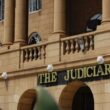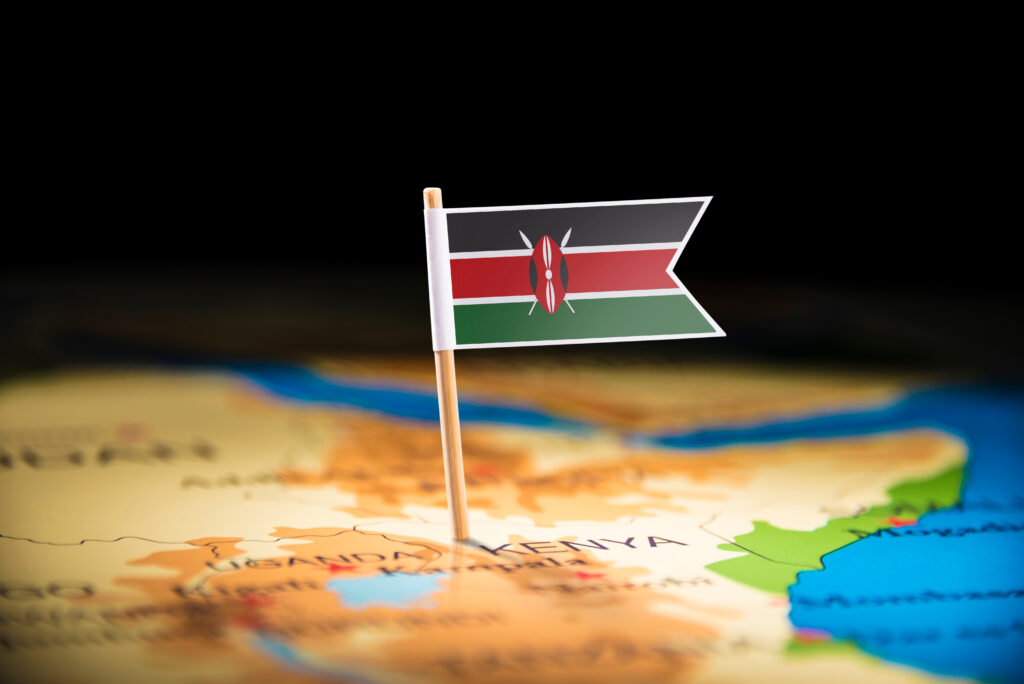NAIROBI,Kenya – In recent years, Kenya’s legal landscape concerning civic space has been a dynamic interplay between constitutional guarantees, legislative frameworks, judicial oversight, civil society activism, and international obligations.
Civic space, the arena for exercising freedoms of association, assembly, and expression, is fundamental for the functioning of democracy and protecting human rights. There has been increased media freedom and attention as online media has become rampant in relaying information.
This communicates that rights to liberty and expression are gearing on well. In Kenya, these rights are enshrined in the Constitution and supported by various legal instruments. However, the practical realization of these rights often faces challenges, as demonstrated by several significant legal cases. This article examines Kenya’s legal framework protecting civic space and analyses major case laws shaping its contours.
Legal Frameworks include the Constitution of Kenya 2010, which guarantees fundamental freedom of expression, association, and assembly under Articles 33, 36, and 37, respectively.
These rights are not absolute and are subject to limitations prescribed by law, necessary in a democratic society, and justifiable in an open and democratic society based on human dignity, equality, and freedom. The Constitution establishes the legal foundation for protecting civic space, providing a robust framework for litigation in cases of violations.
The Public Order Act (1950) regulates public gatherings and assemblies in Kenya. The Act requires organizers of public gatherings to notify the police in advance and empowers the police to impose conditions on such gatherings. While intended to maintain public order, the Act has been criticized for its potential to infringe on the right to peaceful assembly.
On International Instruments, Kenya is a party to international human rights treaties such as the International Covenant on Civil and Political Rights (ICCPR) and the African Charter on Human and Peoples’ Rights, which further reinforce protections for civic space.
Precedents such as Coalition for Reform and Democracy (CORD) v. Inspector General of Police, the High Court of Kenya affirmed the right of citizens to peaceful assembly and the duty of the police to facilitate rather than suppress such assemblies.
The court held that the Public Order Act should be interpreted and applied consistently with the Constitution to protect fundamental rights. Okoiti Omtatah Okoiti v. Attorney General, this landmark case challenged the constitutionality of various provisions of the Public Order Act. The High Court declared several sections of the Act unconstitutional, including requirements that granted excessive discretion to the police and imposed unjustifiable restrictions on the right to assemble.
Law Society of Kenya v. Attorney General Whereby, the Law Society of Kenya challenged the constitutionality of the Miscellaneous Amendments Act, which sought to introduce restrictions on civil society organizations.
The Court of Appeal affirmed the importance of civil society in a democratic society. It struck down the provisions of the Act as unconstitutional, emphasizing the need to protect civic space. In the case of Doctors for Life International v. Speaker of the National Assembly & Others (2015), the Supreme Court upheld the right to protest peacefully.
Despite legal safeguards, challenges persist. Authorities sometimes restrict civic space through arbitrary arrests, excessive use of force against protesters, and legislation that curtails freedoms. Implementation gaps also hinder the full realization of constitutional guarantees.
Efforts to strengthen legal frameworks for protecting civic space continue. This includes proposed reforms to amend laws restricting freedoms, enhancing judicial independence, and improving enforcement mechanisms to hold authorities accountable for rights violations.
While Kenya’s legal framework provides robust protections for civic space, challenges persist in implementing and enforcing these rights. Legal cases such as those mentioned above play a crucial role in shaping the interpretation of laws and defending fundamental freedoms. The government and other stakeholders must uphold the rule of law and respect human rights to ensure the vibrancy and sustainability of civic space in Kenya.
Charles Jaika is a lawyer working at ICJ Kenya. This article was first published on Shahidi News.








